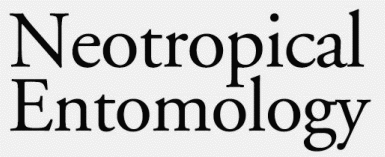The effect of temporary host deprivation on the reproduction and survival of Trichogramma kaykai Pinto & Stouthamer was determined by comparing a Wolbachia-infected (thelytokous) and an arrhenotokous line of T. kaykai when reared on Trichoplusia ni Hübner (Lepidoptera: Noctuidae) eggs. The progeny produced by both arrhenotokous and thelytokous females decreased with increasing periods of host deprivation, but arrhenotokous females produced significantly more progeny than thelytokous females regardless of the period of host deprivation (0 to 10 days). They also produced more daughters. Host deprivation did not affect brood size within arrhenotokous or thelytokous lines. However, fewer wasps emerged from hosts parasitized by Wolbachia-infected than by uninfected T. kaykai. A direct relationship existed between longevity and the length of time an arrhenotokous or a thelytokous wasp was deprived of hosts. The longer the deprivation period, the longer they lived. However, arrhenotokous females lived longer than their thelytokous counterparts. These findings showed that temporary host deprivation (up to 10 days) affected both reproductive forms similarly. However, in all conditions studied arrhenotokous wasps produced more progeny and lived longer than their thelytokous counterparts.
Insecta; arrhenotokous; host availability; parthenogenesis; thelytokous



